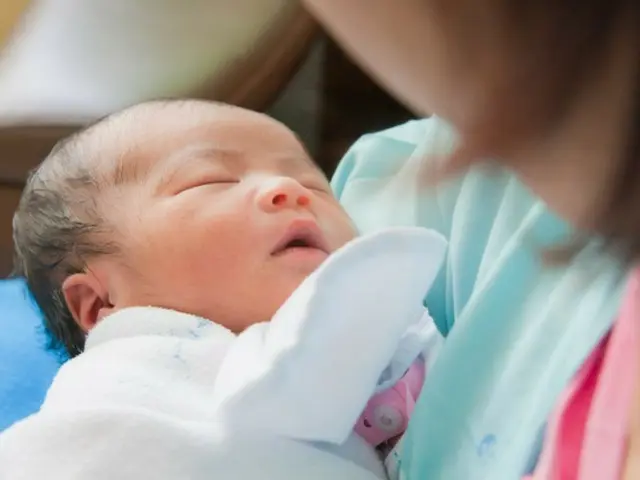Six out of 10 people answered that it would "increase motivation to give birth." On the 1st, the Korean Civil Rights Commission published a survey of the online policy communication platform "Citizens' Thought Box"
The results of the survey, conducted from the 17th to the 26th of this month, were announced. “Just like the recent case of a private company providing 100 million won in childbirth support, the government should also provide extraordinary cash (100 million won per child) to women who give birth and their newborns.
In response to the question, "Do you think that if the government were to provide direct support (200 million won for first and second children, and 300 million won for three or more children) to women in the same household, it would increase their motivation to have more children," 62.6% of respondents answered "Yes."
In the case of directly providing 100 million won in cash to women who give birth and their newborns, the calculation will be based on the number of newborns in 2023 (provisionally 230,000).
This would mean the state would have to shoulder an estimated 23 trillion won (US$25.711 billion) annually. When asked, "Do you think the government should be willing to spend this much money?"
63.6% answered "Yes, it is necessary to solve the problem of low birth rates," while 36.4% answered "No, it is not something that the government should bear the burden for."
Regarding the use of budgets for similar purposes to secure budgets, 51.0% of the respondents answered, "Yes. We would use budgets for similar purposes."
"The targeted program budget should be used for cash assistance (related to low fertility) first," while 36.4% answered, "No, other program budgets should be used for that purpose."
A total of 13,640 people participated in this survey, with 57.2% being female and 42.8% being male, with 58.8% being married and 41.2% being unmarried.
2024/05/02 08:15 KST
Copyrights(C) Herald wowkorea.jp 96

